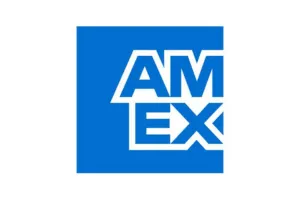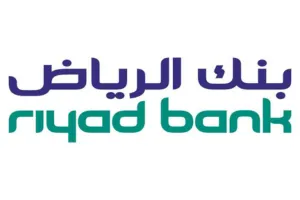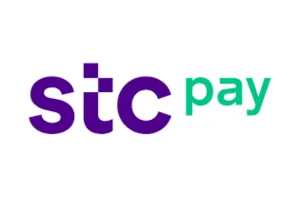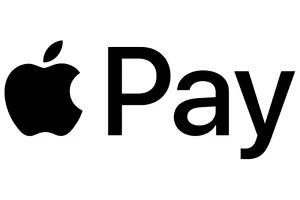E-trawl for ready-made and pre-prepared foods
An online store that specializes in selling healthy and pre-prepared foods, where customers can order ready-made foods online and have them delivered directly to their homes. The store focuses on providing healthy and varied meals, from snacks, main dishes, to customized meals based on dietary needs (such as vegan, gluten-free, or low-carb diets).
Study content
Rationale for choosing the project
Rising demand for healthy foods: As consumers become more aware of the importance of healthy food, they are looking for ready-made, nutritionally balanced options.
Growth of the e-commerce sector: Growing reliance on online shopping and home delivery is boosting the chances of a successful business.
Changing lifestyles: Fast-paced and busy lifestyles are driving many to look for ready-made, healthy meals that save time and effort.
Support healthy nutrition programs: Target diet-conscious groups such as athletes, dieters, and the elderly.
Lack of specialized competition: Lack of stores that offer pre-prepared, high-quality, healthy food compared to traditional fast food.
Easy access to customers: Thanks to smart apps and fast delivery, a wide range of consumers can be reached easily.
Sustainability and continuity of demand: The daily need for ready meals makes the business sustainable and profitable in the long run.
Scalability: Easily add new options such as weekly subscriptions or customized nutrition plans based on customer needs.
Investment advantages
Growth of the healthy prepared foods market
Increasing demand for healthy prepared foods due to the growing awareness of healthy lifestyles.
Growing demand for quick and convenient solutions in the midst of a busy modern life.
Easy access to customers
Relying on e-commerce reduces operational costs compared to traditional restaurants.
Easily expand geographically through delivery services.
Availability of supporting technologies
The proliferation of delivery and e-commerce applications makes it easier to reach customers.
Using artificial intelligence and data analytics to improve the customer experience and provide personalized offers.
Diverse target groups
Athletes and dieters.
Workers with busy schedules.
The elderly and those with special health conditions.
Scalability
Add new meals or monthly subscription plans to increase customer loyalty.
Collaborate with nutritionists and sports companies to increase the value proposition.
Sustainability and profitability
High frequency of purchase as food is a daily need.
Lower fixed costs compared to traditional restaurants, which increases the profit margin.
Demand analysis
Increasing demand for healthy meals
Growing awareness of healthy nutrition is driving consumers to look for ready-made, wholesome options.
The rise in chronic diseases such as diabetes and heart disease is pushing more people to choose healthier foods.
The trend towards e-commerce
Demand for delivery services increased after the coronavirus pandemic and the trend continues.
Consumer confidence in online shopping has increased, increasing the likelihood of success.
Potential customer segment growth
The age group between 20-45 years old is the most interested in healthy foods.
The prevalence of gyms and diet programs increases the demand for this type of product.
Competition analysis
Few competitors specializing in providing pre-prepared healthy meals.
Significant opportunity to capture market share by offering high quality and competitive prices.
Growing reliance on delivery services
Customers prefer delivery services instead of going to restaurants or preparing food themselves.
Integration with delivery apps enhances the project’s reach to a larger segment of consumers.
Financial indicators
Expected initial capital: SAR 500,000 to SAR 1,500,000 depending on the scope of operations and commercialization.
Profit margin percentage: Between 30% – 50% depending on operational costs and type of products.
Return on Investment (ROI): Estimated at 25%-35% per year based on market performance and marketing strategy.
Break-even point: Achievable within 12-18 months of startup, assuming an effective marketing strategy.
Monthly operating costs: Includes production, delivery, marketing, and platform costs, ranging from SAR 50,000 – 150,000.
Expected cash flow: Stable revenue due to the nature of the ongoing need for nutritional meals.
Expansion opportunities: Potential to increase revenue by 20%-40% annually when expanding into major cities or offering food subscriptions.
Features of the project
Growing and sustained demand
Relies on a growing market for healthy foods and ready meals, ensuring continued demand.
Low operational costs
No need for a high-cost commercial location compared to traditional restaurants, which increases the profit margin.
Easy expansion and development
You can easily add new meals, subscription plans, or geographic expansion via delivery services.
Target a wide range of customers
Athletes, dieters, employees, families, and the elderly, increasing the chances of strong sales.
Capitalize on new technologies
Integrate with delivery apps and use digital marketing to reach customers easily.
Flexibility of operations
Operate on a pre-order basis, minimizing food waste and improving cost management.
Sustainability and profitability
The daily need for meals makes the project a sustainable and profitable investment in the long term.


























